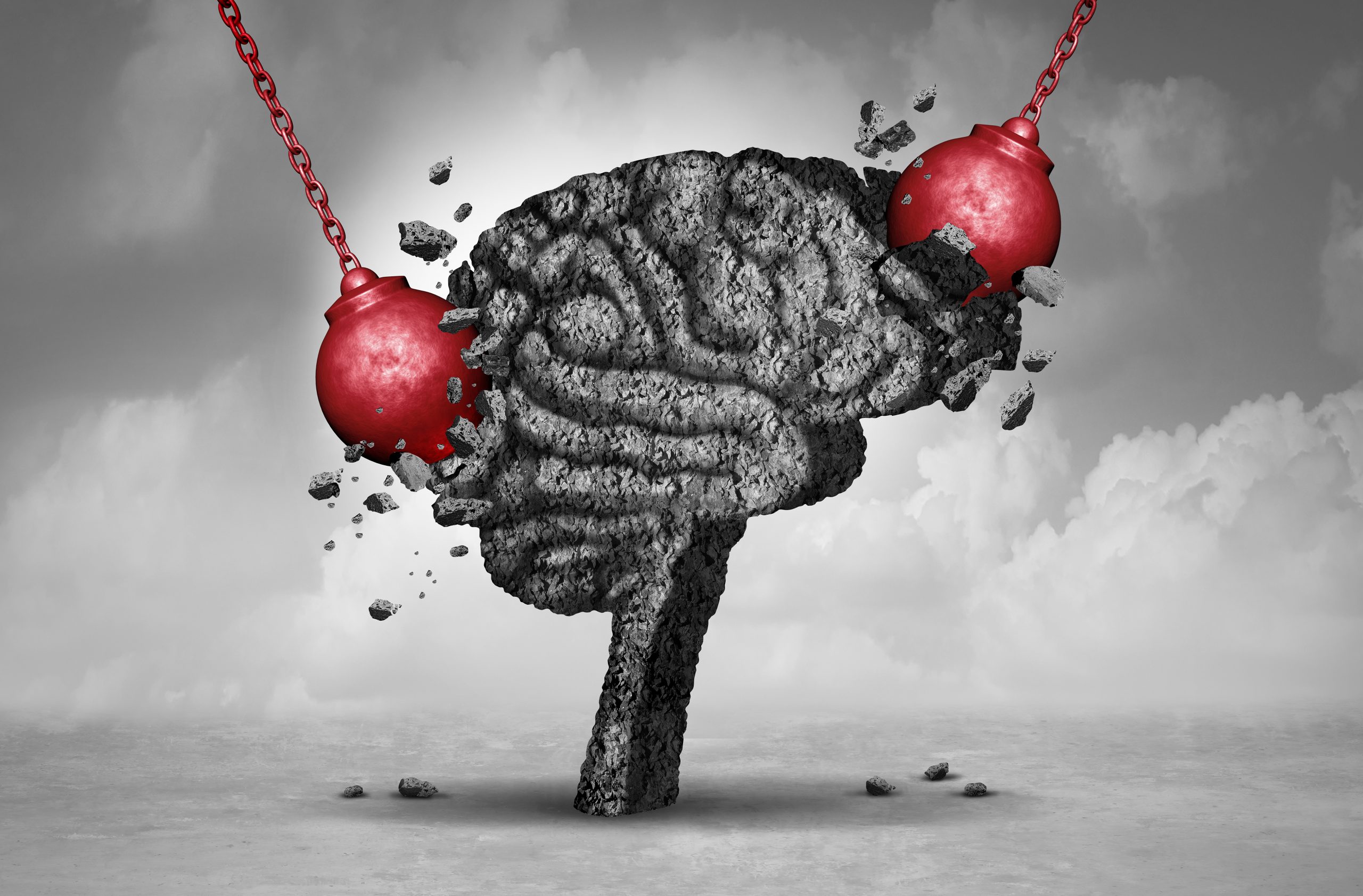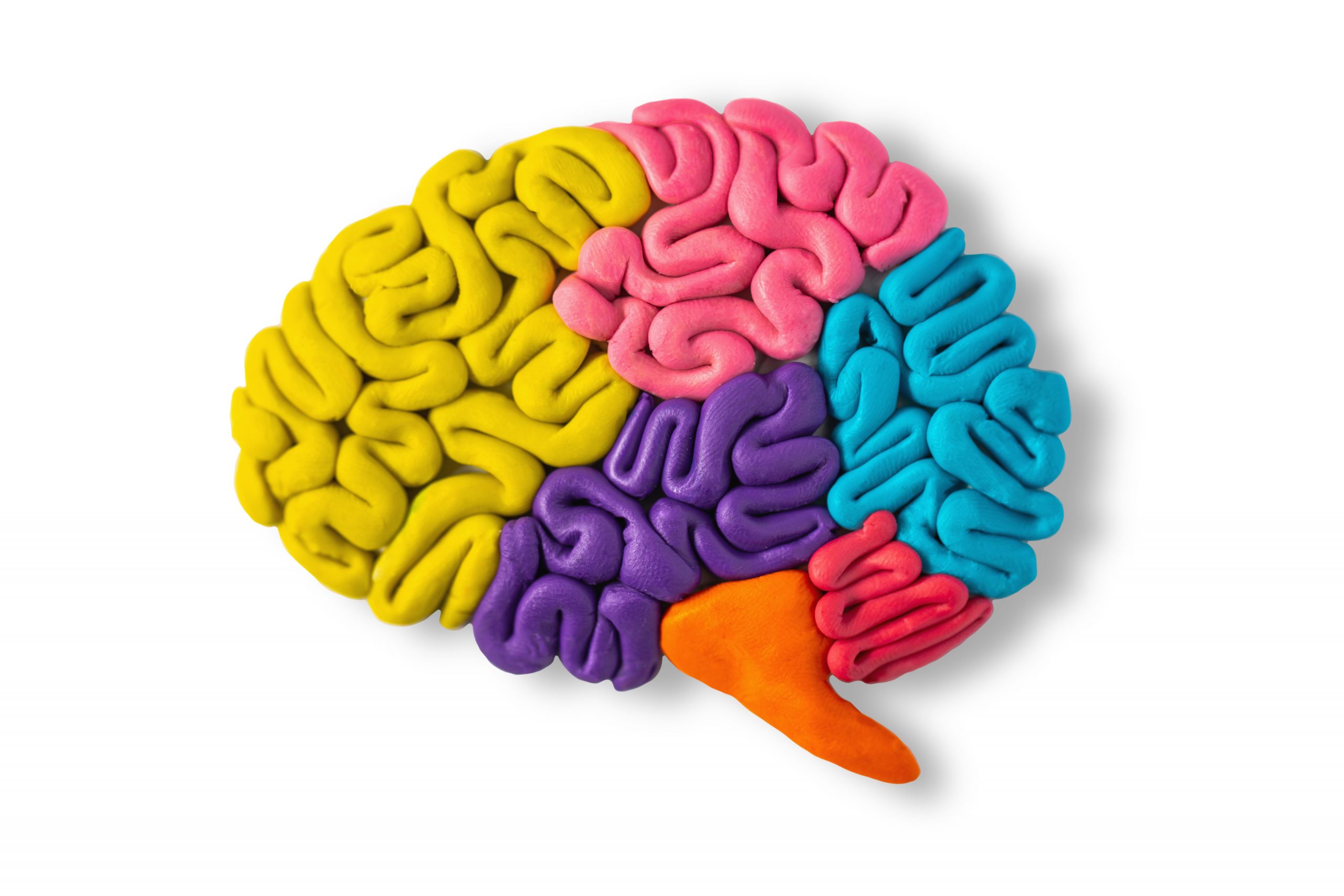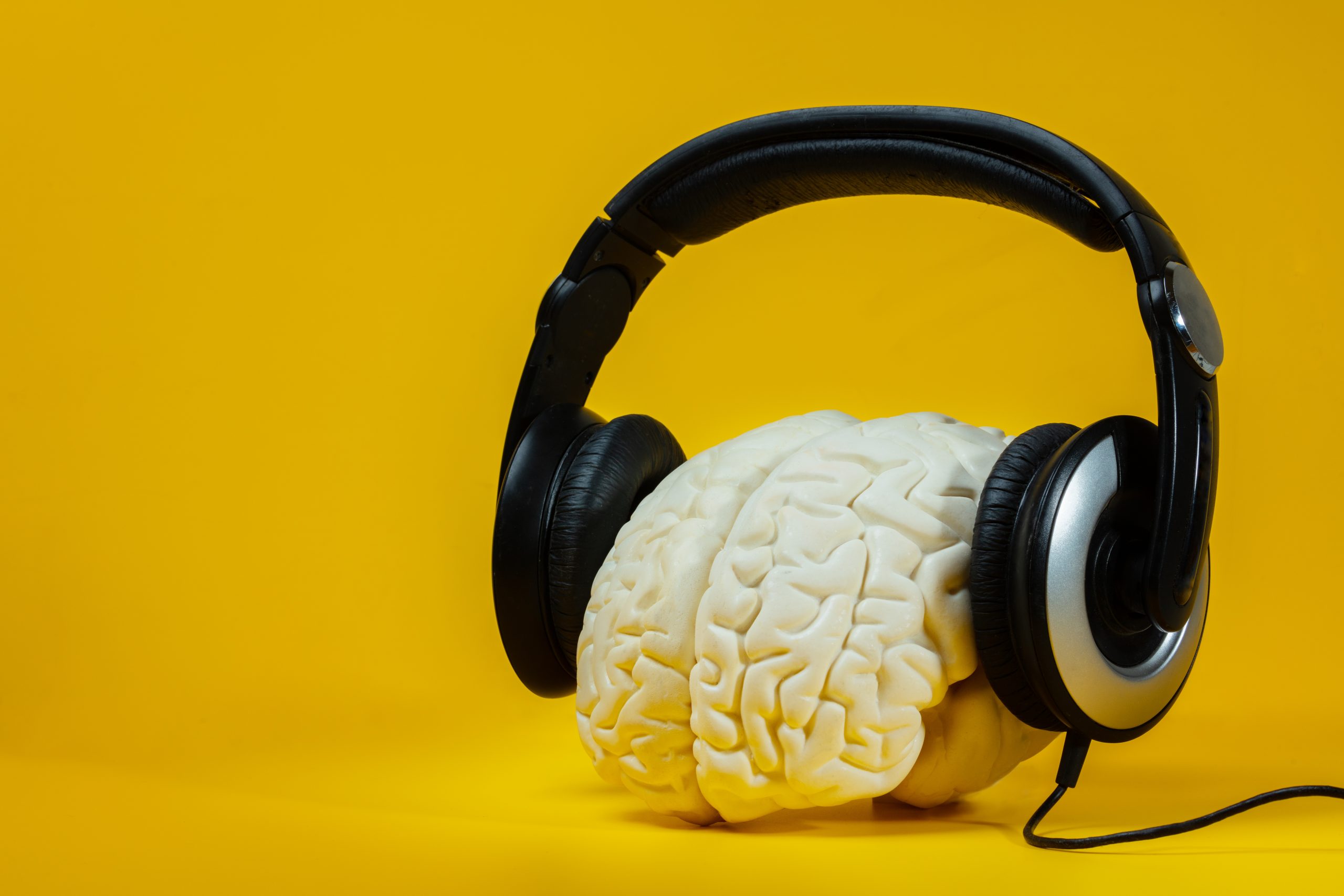Brain injuries, including concussions, can have significant short-term and long-term effects on a person’s overall health and well-being. Whether you’re an athlete, a parent, or simply someone concerned about brain injury prevention, there are steps you can take to minimize the risk of sustaining a brain injury. In this article, we’ll explore some valuable tips for preventing brain injury and concussion.
- Wear Proper Protective Gear: When engaging in activities that pose a risk of head injury, such as sports or recreational activities, always wear appropriate protective gear. Helmets, mouthguards, and other protective equipment can significantly reduce the impact of a blow to the head and help prevent brain injuries.
- Follow Safety Guidelines: Familiarize yourself with the safety guidelines and rules of any sport or physical activity you participate in. Adhere to these guidelines and encourage others to do the same. Following proper techniques and rules can minimize the risk of collisions or accidents that may result in head injuries.
- Practice Safe Driving: Motor vehicle accidents are a common cause of brain injuries. Make sure to always wear your seatbelt and ensure that all passengers in your vehicle do the same. Avoid distractions while driving, such as texting or talking on the phone, and obey traffic laws to reduce the risk of accidents.
- Create a Safe Home Environment: Take steps to make your home environment safer, especially if you have young children or elderly family members. Use safety gates to block access to staircases, secure heavy furniture to prevent tipping, and install window guards to prevent falls. Minimizing the risk of falls or accidents within the home can help prevent brain injuries.
- Practice Fall Prevention: Falls are a leading cause of brain injuries, particularly among older adults. Take measures to prevent falls by keeping your living space well-lit, removing tripping hazards, installing handrails on stairs and in bathrooms, and using non-slip mats in the shower or bathtub. Regular exercise and maintaining good balance can also help reduce the risk of falls.
- Stay Active and Engage in Physical Fitness: Regular exercise and physical activity contribute to overall strength, coordination, and balance. Engaging in activities that promote physical fitness can help improve your ability to react to sudden movements or changes in the environment, reducing the risk of falls or accidents that can lead to brain injuries.
- Encourage Open Communication: In team sports or group activities, encourage open communication about safety concerns. Encourage athletes to speak up if they experience symptoms of a concussion or suspect a head injury in a teammate. Creating a culture of awareness and support can help identify and address potential brain injuries promptly.
- Educate Yourself about Concussions: Learn about the signs and symptoms of a concussion to recognize them in yourself or others. Common symptoms include headaches, dizziness, confusion, memory problems, sensitivity to light or noise, and changes in mood or behavior. If you suspect a concussion, seek medical attention and follow proper protocols for diagnosis, treatment, and recovery.
- Prioritize Rest and Recovery: If you or someone you know has sustained a brain injury, it’s crucial to prioritize rest and allow for proper recovery. Follow the guidance of healthcare professionals and gradually reintroduce physical and cognitive activities once symptoms have resolved. Rushing the recovery process can increase the risk of re-injury or prolonged symptoms.
- Be Mindful of the Environment: Be aware of your surroundings and potential hazards that could lead to head injuries. Look out for wet or slippery surfaces, uneven terrain, or obstacles that could cause a fall. By staying vigilant and proactive, you can reduce the risk of brain injuries in various environments.
Preventing brain injuries and concussions requires a combination of awareness, caution, and proactive measures. By implementing












